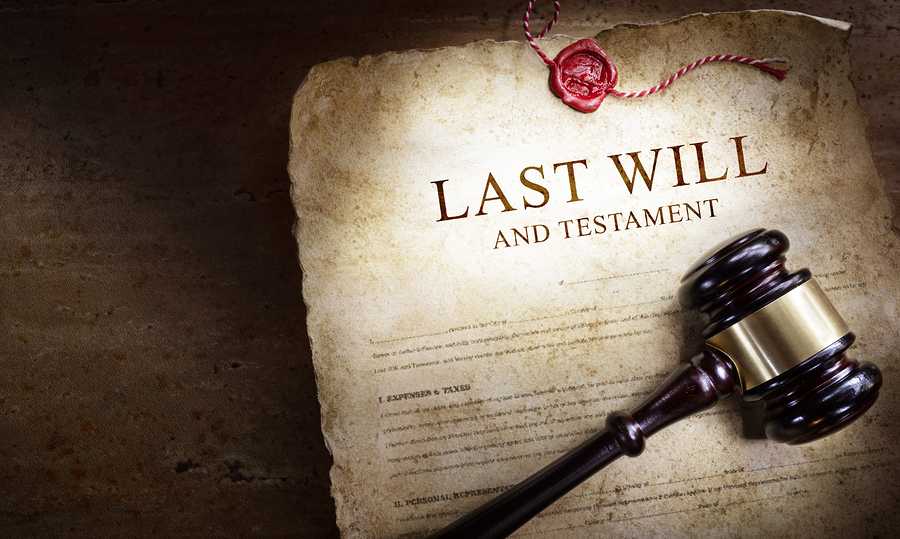Understanding Why a Will is Important

These questions presented by The Westerly Sun in the article “Making a will is an important legal step,” may seem very basic, but many people don’t really understand how a will works and why they are such an important part of estate planning. Let’s go through these fundamentals about wills.
A will is a legal document that must be prepared under very strict standards to explain your wishes about how you want your estate–that is, your property, money, tangible possessions, and real estate—distributed after you die.
A will also does more than that. A will, which is sometimes referred to as a “Last Will and Testament,” also makes clear who is going to be in charge of your affairs after death, by naming them as executor of your estate.
A complete estate plan includes a will and several other documents, including a power of attorney, healthcare power of attorney and potentially a trust. The goal of all of these documents is to make it easier for your surviving spouse or loved ones to take care of you and your affairs, if you become too ill to speak on your own behalf or when you die.
Your will provides instructions about what happens to your estate. Who should receive your money and property? These instructions must be followed by the person you choose as your executor. The local probate court must give its approval, and then the estate can be distributed.
If you have a valid will, it is admitted to probate (a court process) upon your death, and then your wishes are followed. If you don’t have a will, you are said to have died “intestate.” The laws of the state, and not you, and not your loved ones, decide what will happen to everything you own that is subject to the intestacy process. Usually this means that assets are distributed to family members based on their degree of kinship with you. In Texas, it also means there may be a separate process to determine who those heirs are, which can be time intensive and costly.
It also may not be what you wanted. If you have minor children, the Court may appoint a guardian for those children, or may establish a court monitored trust for the property they receive until they are old enough to handle their own affairs. All of these extra steps and complexity make a will necessary.
Many clients chose to also use trusts as part of their estate plan and coordinate the trust with the will. This provides the added benefit of avoiding the probate process, making administration even easier. Even if you use a trust in your estate plan, you may still need a will in conjunction with that trust. See here for more details. https://galligan-law.com/how-do-trusts-work-in-your-estate-plan/
No one likes to think about dying, or becoming incapacitated, but by planning ahead and working with an experienced estate planning attorney to prepare a will, you can determine what you want to happen, and protect those you love.
Reference: The Westerly Sun (August 18, 2019) “Making a will is an important legal step”


